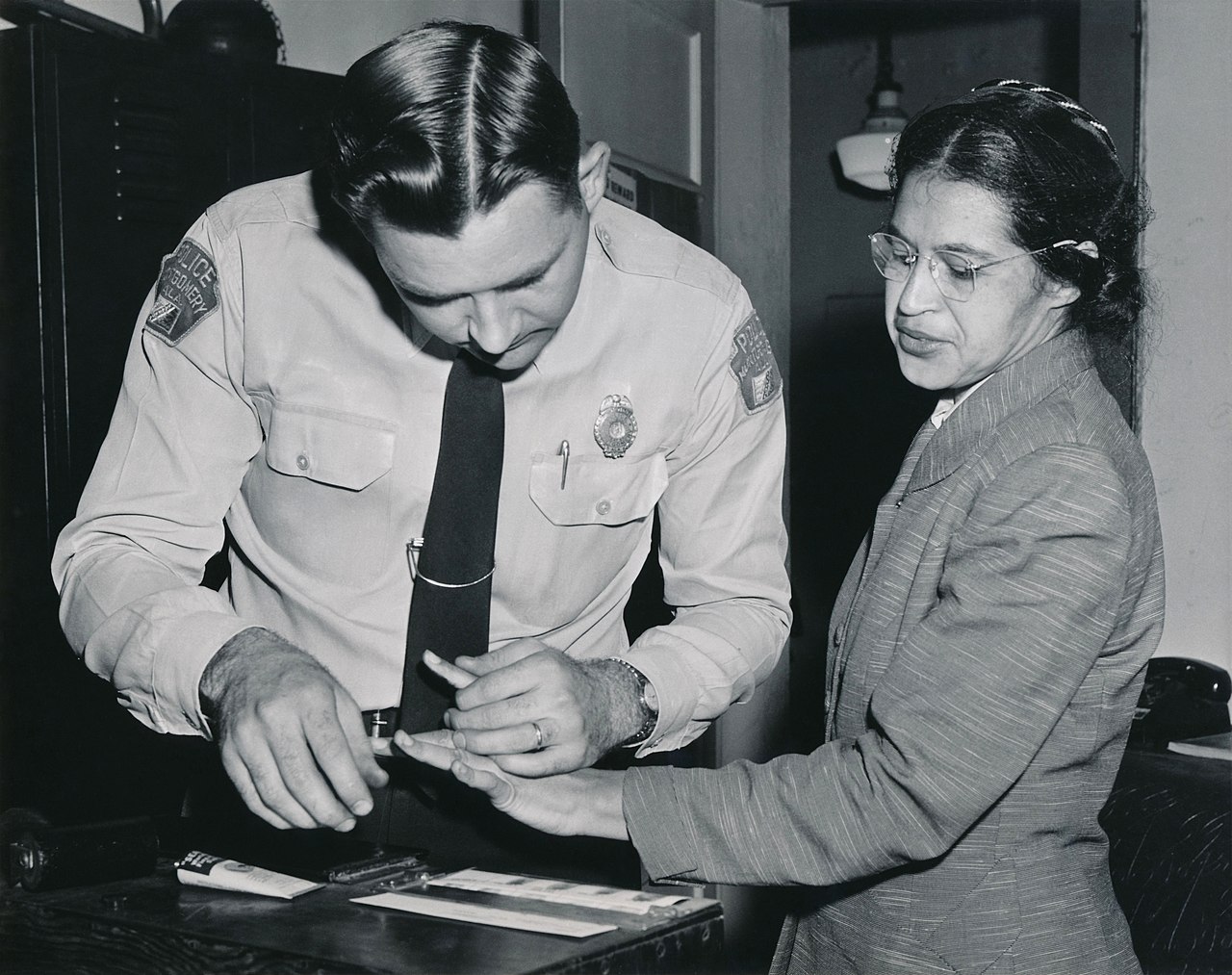
Just Vision, 10/20/22
Moments ago, the ACLU petitioned the U.S. Supreme Court to hear a case of national significance on the right to boycott. It’s a case with massive implications for First Amendment rights.
As you know, we’re tracking the spread of anti-boycott legislation sweeping state houses in the United States – and with great alarm. Our latest documentary, Boycott, follows plaintiffs in Texas, Arizona and Arkansas as they take on tremendous risk by suing their states over the constitutionality of these laws. One of those plaintiffs, Alan Leveritt, is at the center of the case now in front of the Supreme Court.
If you’re new to this story, here’s the gist: anti-boycott laws, now passed in 34 states, require public contractors to sign a pledge promising that they do not, and will not, boycott Israel for the duration of their contract. Several Americans have challenged these laws, suing their respective states for violating their First Amendment rights. In almost every case — from Texas to Arizona to Kansas to Georgia — the plaintiffs won, with courts finding the anti-boycott laws unconstitutional.
But this past summer, the Eighth Circuit Court of Appeals ruled in Alan’s case that boycotts are not protected by the First Amendment, a shocking break from Supreme Court precedent. The Eighth Circuit determined that boycotts, even when politically motivated, are strictly economic activity and not a form of expression.
As a news publisher, Alan believes the court is dead wrong. As he wrote in a New York Times Op-Ed: “We don’t take political positions in return for advertising. If we signed the pledge, I believe, we’d be signing away our right to freedom of conscience. And as journalists, we would be unworthy of the protections granted us under the First Amendment.”
As the Supreme Court weighs whether to hear the case, we’re bracing ourselves for the implications. It’s become clear that these laws target more than just those advocating for Palestinian rights. Israel-focused anti-boycott laws have already been used as a template to ban boycotts on several other issues. There are now copycat bills, using nearly identical language, targeting boycotts of fossil fuels, firearms and other industries. (See our legislative tracker for what’s currently in play around the country and to see if your state is impacted.)
It’s not only advocacy for the environment, gun safety and Palestinian rights that stands on the line — but the very right to wield boycotts as a form of political expression. We’re also fully aware that anti-boycott laws are the tip of the iceberg: across the country, states – backed by corporate lobbyists and right-wing coalitions – are passing anti-protest laws designed to punish and, in some cases, criminalize political organizing and dissent.
We’re watching this story carefully, whether the Supreme Court hears it or not. But we’re also clear-eyed – the power to affect real, tangible change lies not in the courts, but in the hands of the people. We will continue to amplify those at the front lines, to ensure that our right to voice dissent is sacrosanct and fully protected.
Onward,
Suhad Babaa
Executive Director & President, Just Vision

Leave a Reply
You must be logged in to post a comment.